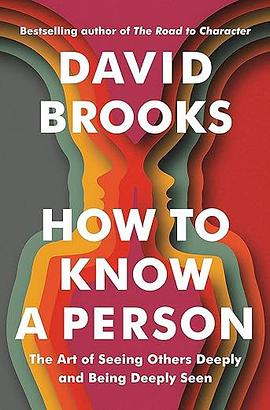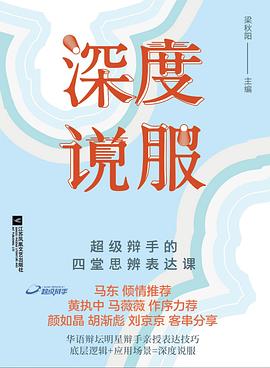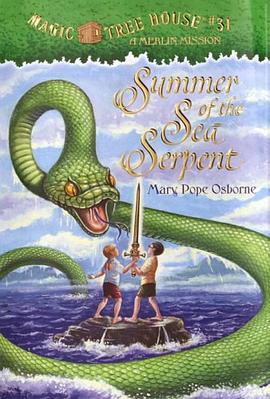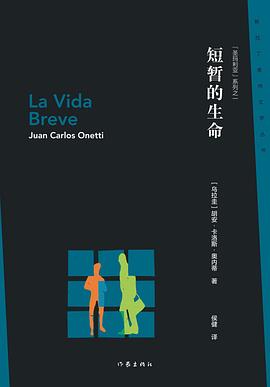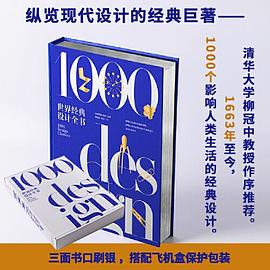How to Have a Good Day
内容简介
In How to Have a Good Day, economist and former McKinsey partner Caroline Webb shows readers how to use recent findings from behavioral economics, psychology, and neuroscience to transform our approach to everyday working life.
Advances in these behavioral sciences are giving us ever better understanding of how our brains work, why we make the choices we do, and what it takes for us to be at our best. But it has not always been easy to see how to apply these insights in the real world – until now.
In How to Have a Good Day, Webb explains exactly how to apply this science to our daily tasks and routines. She translates three big scientific ideas into step-by-step guidance that shows us how to set better priorities, make our time go further, ace every interaction, be our smartest selves, strengthen our personal impact, be resilient to setbacks, and boost our energy and enjoyment. Through it all, Webb teaches us how to navigate the typical challenges of modern workplaces—from conflict with colleagues to dull meetings and overflowing inboxes—with skill and ease.
Filled with stories of people who have used Webb’s insights to boost their job satisfaction and performance at work, How to Have a Good Day is the book so many people wanted when they finished Nudge, Blink and Thinking Fast and Slow and were looking for practical ways to apply this fascinating science to their own lives and careers.
A remarkable and much-needed book, How to Have a Good Day gives us the tools we need to have a lifetime of good days.
......(更多)
作者简介
Caroline Webb is an economist, management consultant and executive coach who has spent the last fifteen years showing her clients how to apply insights from behavioral science (neuroscience, psychology and behavioral economics) to boost their professional effectiveness and job satisfaction. After a first career at the Bank of England, she worked for 12 years at management consulting firm McKinsey & Company, where she was a partner in their leadership and organizational change practice. She then founded her own firm (Sevenshift) to provide behavioral science-based coaching to leaders. Her forthcoming book, "How To Have a Good Day," translates that experience onto the page, showing readers how they can use behavioral science to transform the quality of their everyday working lives. The book will be published on February 2 2016 by Random House (Crown Business) in North America, and Macmillan (Pan Macmillan) in the UK & Commonwealth. It will be published in thirteen other languages later in 2016.
......(更多)
目录
......(更多)
读书文摘
发现-防守之轴:在潜意识中,我们一直在寻找需要抵御的威胁和需要发现的奖励。我们很容易就让大脑就如防守模式,而在此状态下我们容易犯糊涂。但是只要加入一点自我意识和对某种奖励的追求,就能让我们调整回思路更清晰的发现模式。
双系统大脑:大脑活动分为两套相辅相成的系统——一套有意识且受控制,另一套无意识且凭本能。这两套系统共同协作赋予了我们智慧和生产力,但如果依照两套系统各自的优劣来调整工作方式,我们的认知资源就能够得到更好的利用。
......(更多)

